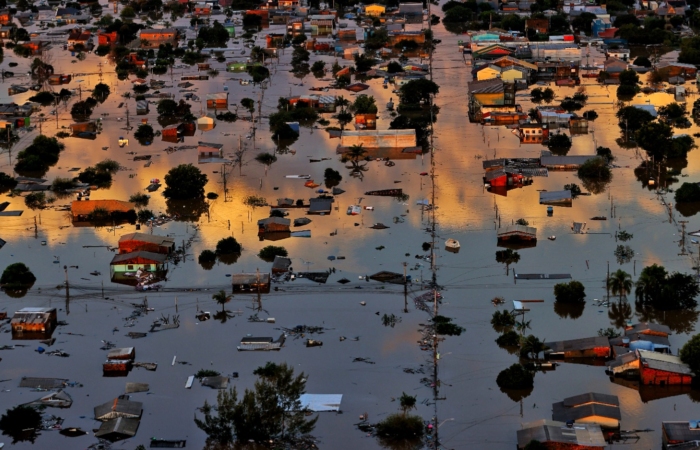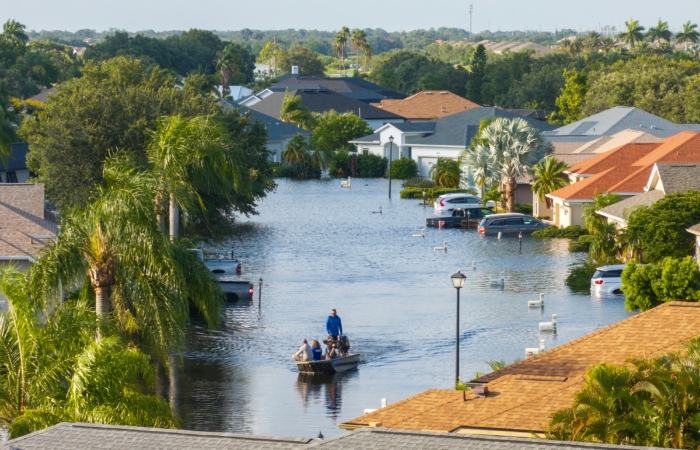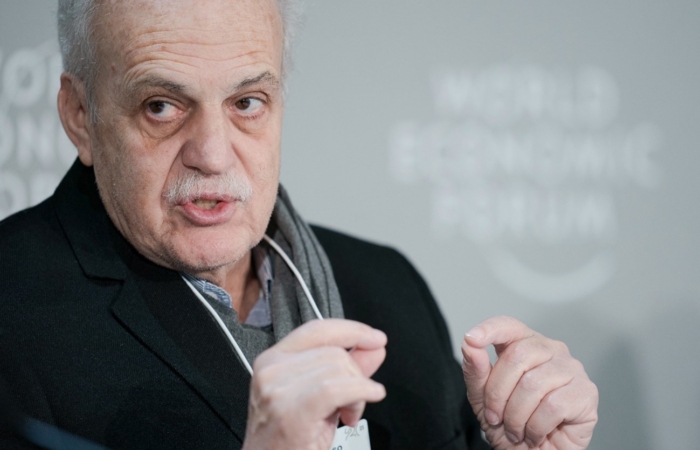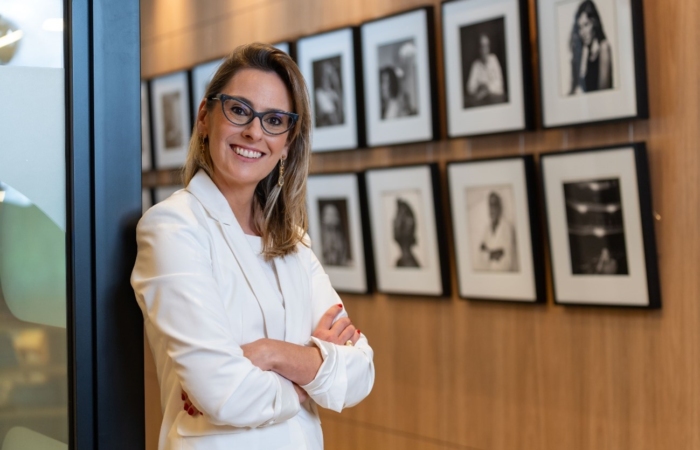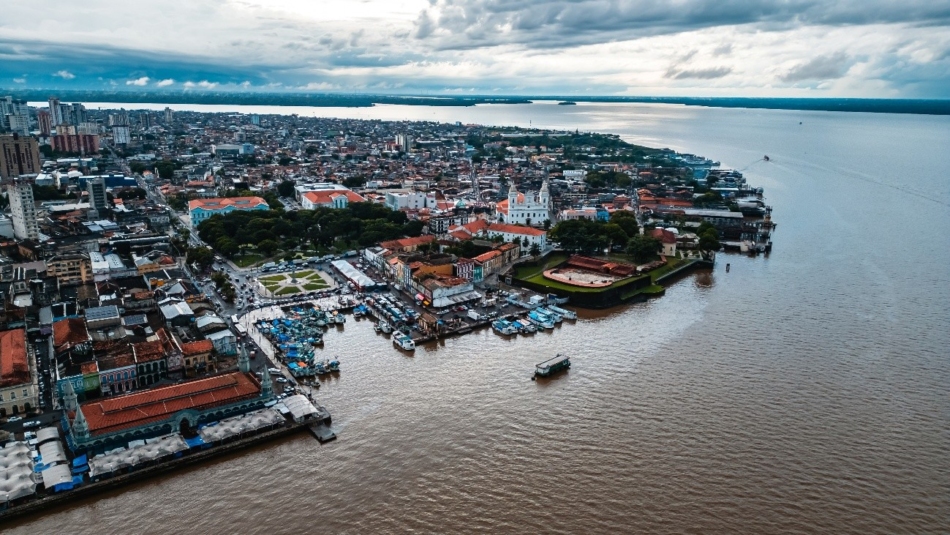
“The search for good guys and bad guys is futile and only serves ideological debate. It is high time for this issue to move forward. But the difficult task of explaining what is happening on the planet and providing a productive debate is not only for the press. We, citizens, have the duty to expand our repertoire to be able to make a critical reading and position ourselves with consistent arguments.”
Around two weeks ago, images circulated throughout Brazil of passengers on the São Paulo subway climbing onto walls and balancing on handrails to save themselves amidst the flood.
In interviews, the Civil Defense of SP made a point of emphasizing that this is a self-protection behavior, common in chaotic situations, especially associated with extreme weather events and that, increasingly, we will have to be ready for this.
No one knows this better than those who lived in May 2024 in Rio Grande do Sul. Or, perhaps, the six million Brazilians who lived five months under extreme heat in Brazil, also in 2024, according to an exclusive survey by G1 released a few days ago, in this year marked as the hottest in the history of the Earth.
It is in this context that we will host COP 30, the United Nations conference on climate change, scheduled for November in Belém, Pará. Representatives from around 200 countries are invited to participate in the discussions. Companies will have spaces to showcase their initiatives, experts will present their studies, and Brazil will have a showcase to showcase its potential under a giant spotlight.
Information, analysis and knowledge, in this emergency scenario, must also be part of the self-protection strategy. Professional journalism is expected to be truly prepared for this coverage. It must not be distracted by factoids, smokescreens and opportunism and pursue what really matters, with investigation, checking and transparency regarding all the perspectives that this subject requires. The search for good guys and bad guys is futile and only serves the ideological debate. It is high time for the issue to move forward.
But the difficult task of explaining what is happening on the planet and fostering productive debate is not just for the press. We, citizens, have the duty to expand our repertoire so that we are capable of critical reading and positioning ourselves with consistent arguments. Furthermore, each person must act within their reach, especially in their work environment, in the communities and forums of which they are a part. This is called self-responsibility. No one can pretend that nothing is happening anymore.
Anik Suzuki is CEO of ANK Reputation and member of the Editorial Board of RBS
anik@ankreputation.com.br
* Article originally published in Zero Hora on February 8, 2025
